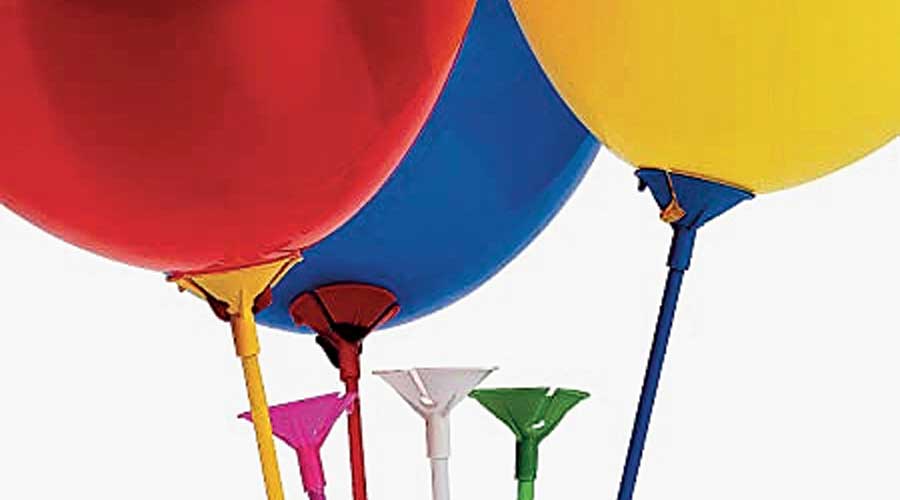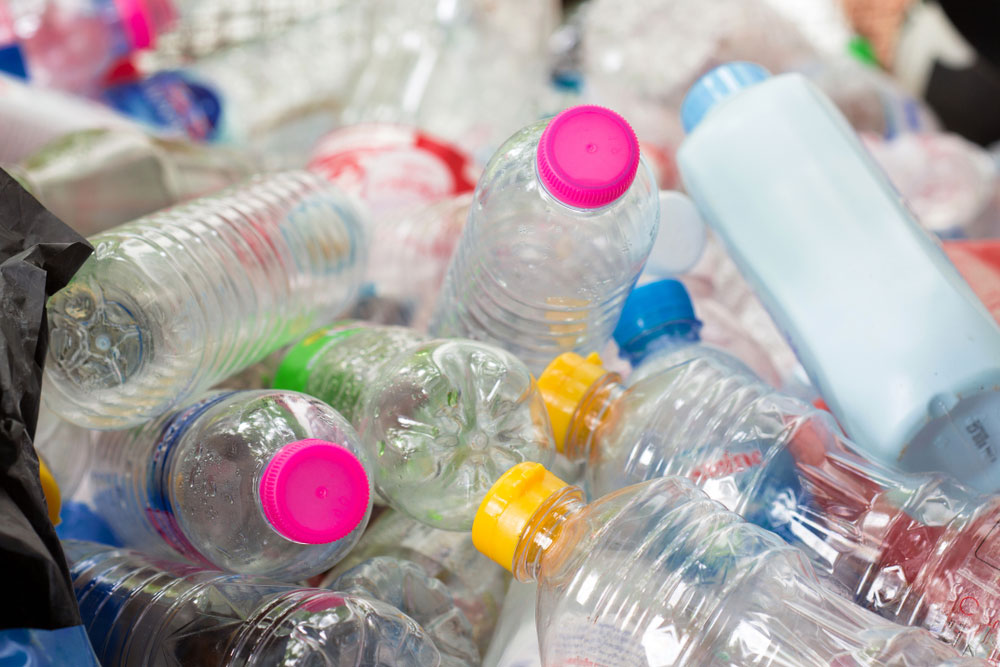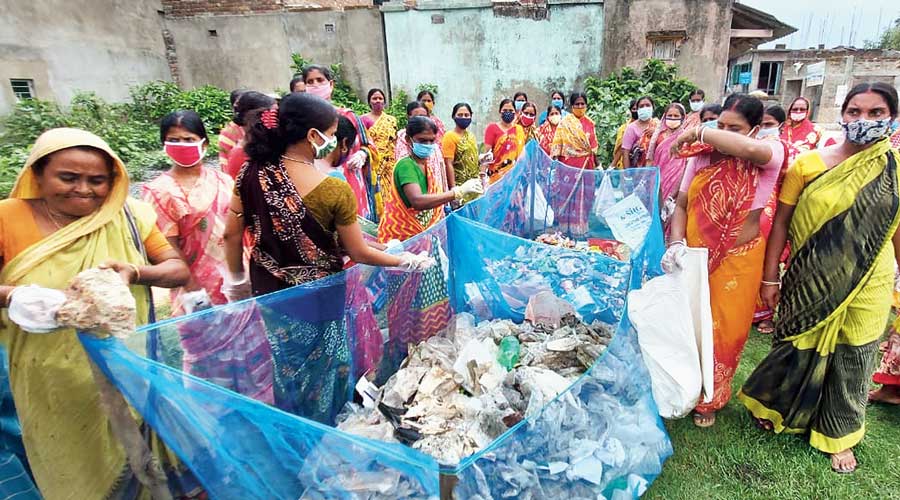The Union environment ministry has notified new plastic waste management rules that will prohibit the use of plastic sticks on balloons, candy, ear buds, flags and ice-cream from July 1, 2022.
The rules, reflecting India’s efforts to phase out single-use plastic by 2022, will also increase the minimum thickness of plastic bags from the current 50 microns to 75 microns by September 30 this year and to 120 microns by December 31, 2022.
The thicker plastic carry bags are intended to eliminate the use of lightweight single-use plastic bags.
The ministry’s notification, released on Thursday, prohibits from July 1 next year plates, cups, glasses, cutlery such as forks, knives, spoons, stirrers, straws, trays, wrapping or packaging films around boxes of sweets, invitation cards, cigarette packets, and banners made from plastic less than 100 microns in thickness.
The rules prohibit from July 1, 2022, the manufacture, distribution, sale and use of single-use plastic, including polystyrene and expanded polystyrene, for ear buds, balloons, flags, candy and ice-cream.
The ministry said any plastic packaging waste that is not covered under the phase-out of identified single-use plastic items shall be collected and managed in an “environmentally-sustainable way” through the Extended Producer Responsibility rules introduced in 2016.
The Central Pollution Control Board had estimated three years ago that India generates around 9,200 metric tonnes of plastic waste — carry bags, packing films, snack packets, among other items — daily, or over 3.3 million metric tonnes a year.
Waste management experts say the notification is in line with the goal of phasing out single-use plastics by 2022, announced by Prime Minister Narendra Modi on August 15, 2019, but remain concerned about the fate of plastic waste in the country amid lack of reliable data on recycling.
“We welcome the new rules, but there is lack of clarity on how much plastic waste India is recycling,” Atin Biswas, programme director for municipal solid waste at the New Delhi-based non-government Centre for Science and Environment, told The Telegraph.
Sections of industry in India have claimed nearly 70 per cent of recyclable plastic waste is recycled but Biswas said that “we do not have verifiable figures for how much plastic waste is actually recycled and where”.
The CSE in a report flagging India’s plastic waste problem released last October had urged the government to ban plastic products that cannot be recycled, such as multi-layered plastic packets used to package snacks, ban carry bags, incentivise recycling, and enforce rules.
“We remain concerned about non-compliance and the absence of a robust monitoring system to ensure compliance with rules,” Biswas said.
The environment ministry has said waste management infrastructure “is being strengthened” across the country and states have been asked to develop action plans for the elimination of single-use plastics and effective implementation of the waste management rules.














